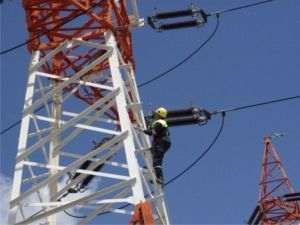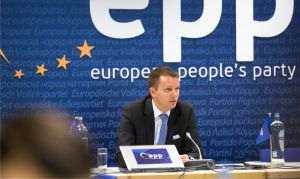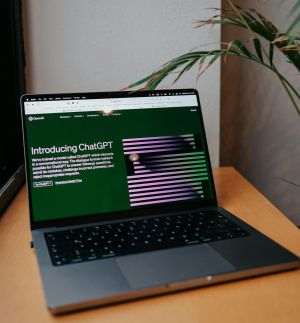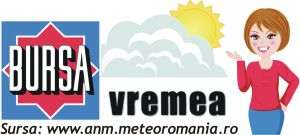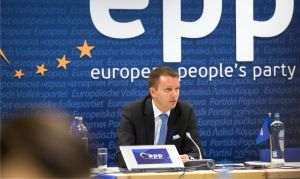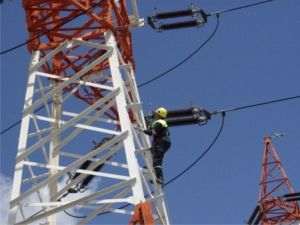The Minister of the Environment and Forests, Laszlo Borbely, could earn 1.2 to 1.5 billion Euros by selling CO2 emission certificates by 2012. "Unfortunately we failed to sell any certificates so far. In theory, trading this kind of certificates could have begun as early as the year 2000", Borbely said, as quoted by Agerpres.
Borbely also said that a Government Decision which will set the legal framework the trading of carbon certificates will be ready by mid-February.
An increasing number of Romanian scientists and specialists consider that Romania has adequate storage sites and that the only thing that"s preventing the reaching of a consensus on the location of the CO2 storage sites is the lack of political will. European specialists have agreed on the fact that by 2050, emissions of Greenhouse Gases should be cut by 85%.
Romania, one of the countries that is participating in the European system for the trading of European carbon emission quotas, following the Kyoto Protocol, ranked ninth in the European Union in 2008, in terms of allocated quotas, or 70.65 million tons of carbon dioxide equivalent, according to data from the European Commission. In 2009, Romania"s CO2 emissions dropped 8.7% compared to 2007, to 63.5 million tons, and the number of installations increased 3.3%, to 252. The second trading session of EU ETS began on January 1st, 2008 and will continue until December 31st, 2012. By that time, developed countries are expected to meet the emission targets agreed upon by way of the Kyoto Protocol. Starting with January 1st, 2013, the system for trading emissions will undergo substantial reform.
According to the EC report, in 2008 Germany received the largest amount of free carbon credits (388.7 million tons of carbon dioxide equivalent), followed by Great Britain (213.5 million tons) and Italy (211.7 million tons), while at the opposite end of the spectrum are Latvia, which received 2.9 million tons of carbon dioxide equivalent, Luxemburg (2.5 million tons) and Malta (2.1 million tons). CO2 emissions are traded on several exchanges, with prices depending on supply and demand. The highest price was at EUR 30/ton, with the lowest being 0.5 EUR/ton.
Last autumn, several experts were saying that Romania had a surplus of 200 million CO2 emission certificates, which would allow the state budget to earn around EUR 2 billion by 2015.
According to the Kyoto Protocol, Romania has the right to sell its excess CO2 certificates. The same protocol states that all of the states that ratified the agreement, commit to not exceed a certain level of CO2 emissions between 2008 and 2012, with countries which have a surplus of emission certificates being allowed to sell certificates to other countries that exceed their allowed emission limit.

